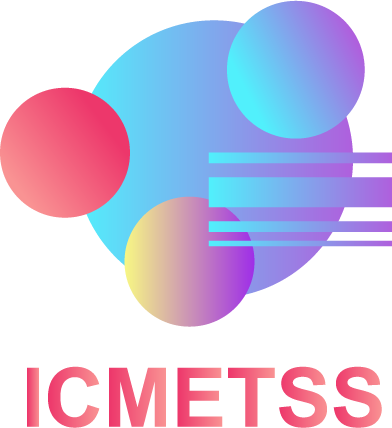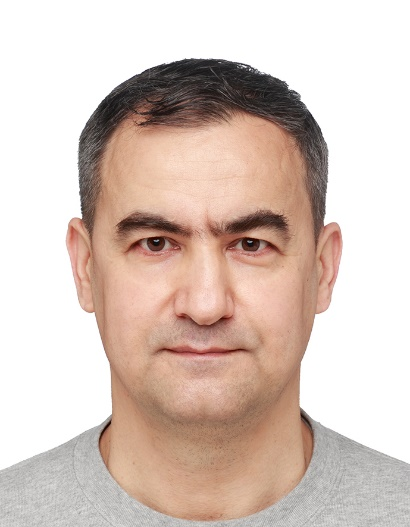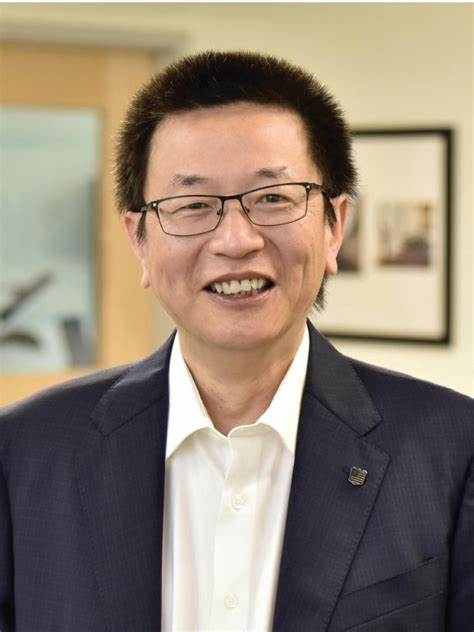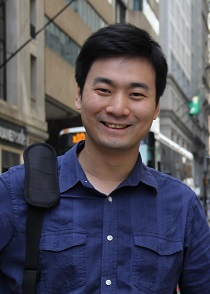| Tenured Professor Rustam ShadievCollege of Education, Zhejiang University, Hangzhou, China Brief introduction: Dr. Rustam Shadiev is a tenured professor at the College of Education, Zhejiang University, China, recognized for his extensive contributions to the field of educational technology. He earned his Ph.D. in Network Learning Technology from Taiwan Central University in 2012 and subsequently completed a postdoctoral fellowship at Taiwan Cheng Kung University. Prior to his appointment at Zhejiang University, he served for six years (2016–2022) as a professor in the School of Education Science at Nanjing Normal University. In 2019, his academic excellence was honored with the title of Distinguished Professor of Jiangsu Province. Dr. Shadiev is a Fellow of the British Computer Society (BCS), a Senior Member of the Institute of Electrical and Electronics Engineers (IEEE), and a member of the Association for Computing Machinery (ACM). His outstanding research record has earned him consistent recognition as one of the Most Cited Chinese Researchers by Elsevier, Scopus, and Shanghai Ranking from 2020 to 2024. He has also been listed among Stanford/Elsevier' s Top 2% of Scientists globally in both 2023 and 2024. With a publication portfolio of over 200 scholarly works in reputable journals and international conferences, Dr. Shadiev’s research primarily explores advanced educational technologies and their applications in language learning and cross-cultural education. His work has had a significant impact on educational research and practice worldwide. In addition to his research activities, Dr. Shadiev serves on the editorial boards of several leading academic journals, including Educational Technology & Society, Journal of Computer Assisted Learning, and Smart Learning Environments. He also regularly acts as a guest editor for special issues in journals such as Educational Technology & Society and Discover Education. Title of Keynote Speech: From Connection to Comprehension: Emerging Technologies in Global Education Abstract: This speech explores the transformative potential of emerging technologies, particularly Web 2.0, virtual reality (VR) based on 360-degree video, unmanned aerial vehicles (UAVs), and artificial intelligence (AI), in reshaping how students engage in cross-cultural learning, language acquisition, and the development of intercultural competence. A central focus will be on how these technologies connect learners from diverse regions and cultural backgrounds, enabling them to collaboratively learn and exchange culture-related knowledge. The speech will also examine how such technologies enhance language and cultural learning by providing immersive and authentic experiences that foster deeper engagement and improved learning outcomes. Web 2.0 tools will be highlighted for their role in facilitating communication and collaboration across borders, while VR-supported environments and telecollaborative projects will be discussed in terms of their impact on developing cross-cultural understanding and shaping learners’ attitudes. In addition, the presentation will explore how these technologies stimulate creativity and innovation, competencies essential in today’s globally interconnected world. UAVs will be showcased for their unique ability to explore cultural heritage sites and artifacts, especially those that are otherwise inaccessible and require both aerial and close-range observation. Furthermore, the role of AI in fostering critical, nuanced understandings of diverse cultural contexts will be addressed. The speech will conclude by outlining future trends in educational technology, potential challenges, and the expanding role of AI in enriching global learning experiences in the digital age. |
| Prof. Harrison Hao YangState University of New York, USA Brief introduction: Dr. Harrison Hao Yang is currently a Distinguished Teaching Professor at the State University of New York (SUNY) and a Professor in the Department of Curriculum and Instruction at SUNY at Oswego. Dr. Yang has published a variety of books and research papers, mostly on educational technology. His research specialties include assessment and e-folios, distance/flexible education, information literacy, Information Technology diffusion/integration, learning theories, issues and trends in vocational-technical education, and Web/learning communities. Dr. Yang is the recipient of the State University of New York Chancellor’s Award for Excellence in Teaching in 2009 and SUNY Oswego President’s Award for Teaching Excellence in 2006. Title of Keynote Speech: AI as Collaborator: Rethinking Assignment Design in Teacher Education Abstract: As generative AI tools like ChatGPT gain traction in higher education, we are debating their potential to deepen learning — and not just make it easier. Drawing on graduate courses on digital media design (for creative learning) and portfolio development (for reflective practice), this study examines how AI-augmented assignments might foster critical thinking among pre and in-service teachers. The findings show that the technology encourages deeper analysis and reflection when instructors construct assignments in which they treat AI as a collaborator — asking learners to critique the outputs of AI or improve work through iterative dialogue with it. Student projects and reflective writing, as well as survey data, tell us a critical lesson: The implications of AI depend less on the tool than on the way instructors design tasks. This study couples with others looking at AI’s role in education because it’s not about high-tech display; it’s about crafting experiences that challenge learners to engage and grow with and not only through AI. |
| Assoc. Prof. Heng LuoCentral China Normal University, China Brief introduction: Luo Heng, Ph.D., Professor, Doctoral supervisor and Director of Department of Educational Technology, Department of Artificial Intelligence Education, Central China Normal University. He received his master's and doctoral degrees in Instructional Design Development Evaluation from Syracuse University. He was a research associate at the Center for Digital Education at Pennsylvania State University. He has presided over a number of national general topics of the National Education Science "13th Five-Year Plan", National Natural Science Foundation projects and Humanities and Social Science Foundation projects of the Ministry of Education. In the past five years, as the first author or corresponding author, he has published more than 50 research papers in high-level academic journals at home and abroad, such as Computers & Education, BJET, China Audio-visual Education, and Audio-Visual Education Research. He is the Chairman of the Program Committee of the 2025 CSTE International Conference, a member of the organizing Committee of the 2016-2024 International Conference on Blended Learning (ICBL), and a board member of the China-Japan-U.S. International Conference on Media Applications in Education (ICoME). He is the guest editor of SSCI/SCI international journals Frontiers in Psychology and Children. He was awarded the Outstanding Research Paper Award of the Performance Branch of the American Educational Communication and Technology (AECT) Association in 2014, the Outstanding Instructional Design Practice Award of the Design and Development Branch of AECT in 2019, and the Excellent Research Paper Award of the International Conference on Blended Learning (ICBL) in 2019, 2020 and 2022. The American Educational Research Association (AERA) Outstanding International Collaborative Research Award in 2022, the 9th Hubei Teaching Achievement Award Grand Prize and the honorary title of Guizi Young Scholar of Central China Normal University. Title of Keynote Speech: Promoting Social Emotional Competences and Mental Wellbeing among Children and Adolescents through Digital Technologies |



